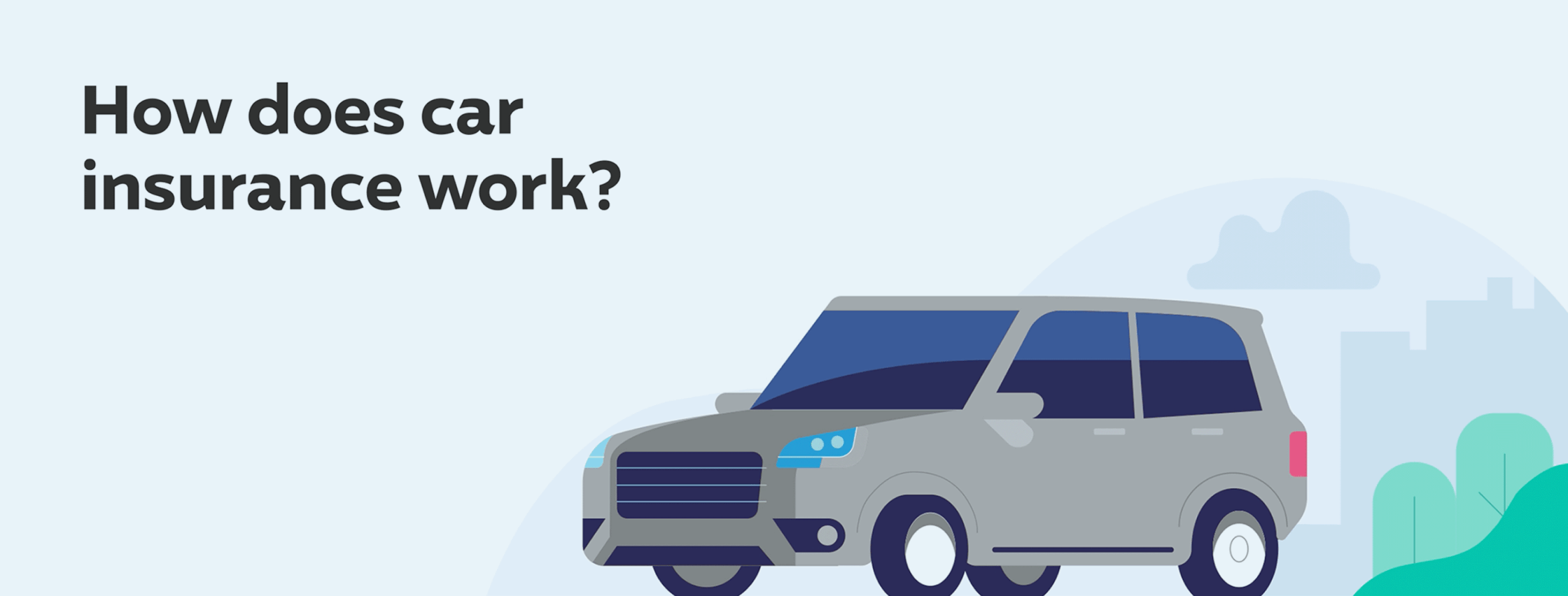Car insurance provides financial protection in the event of an accident and also shields it against theft and vandalism – making it mandatory in many states.
Most states mandate minimum bodily injury liability and property damage liability coverage, yet many people purchase additional coverage in order to be fully protected.
Car insurance costs vary significantly based on multiple rate factors such as location, driving record and vehicle type. Therefore, it is essential that drivers regularly shop and compare rates before making their decision.
What is car insurance?
Car insurance is a contract between you and an insurance company that protects against liability for property damage and bodily injury caused by accidents while driving your vehicle. Depending on which options are chosen, it may cover repair or replacement of damaged cars after accidents as well as temporary transportation costs while they’re being repaired or replaced in shops. Most states mandate at least some minimum level of car coverage; you can choose to enhance it further with optional coverages.
Your policy deductible is the out-of-pocket amount you are required to pay before insurance will start covering covered claims. Higher deductibles typically lead to lower premiums; however, be sure that you can meet them if a claim does arise.
Your car insurance usually follows its car, covering anyone who drives it with permission from you – this includes anyone living in your household as well as friends or extended family who use your vehicle occasionally.
Add optional coverages like roadside assistance – including towing, flat tires changeouts, jump starts, fuel delivery and lock out services – or usage-based insurance which based its rates on how you drive using data collected via sensors in your car or a mobile app.
How does car insurance work?
Car insurance provides financial protection from a wide variety of risks, such as vehicle damage or injuries to others. Additionally, it safeguards against theft and vandalism; and promises a certain sum (up to your policy limits) should you experience any of them. In exchange for paying monthly or annual premiums, insurers pledged their services and agreed to cover covered claims within certain amounts (based on policy limits).
Each insurance provider sets its rates according to factors like age, location, driving history and vehicle type. As rates can differ significantly between insurers, it is wise to do your research and shop around until you find one with suitable pricing for your situation.
Most states mandate at least some form of liability coverage, while some also impose other forms of protection. Companies typically offer comprehensive and collision coverage; two forms of car insurance designed to cover damages to your vehicle following an accident or other event. Combined car policies typically combine collision and comprehensive policies into one policy package.
Your car insurance policy may meet both state requirements as well as additional demands, such as minimum deductible or coverage limit requirements. Though purchasing insurance may only meet legal obligations, having protection can offer peace of mind and help avoid large bills in case you’re involved in an accident or your vehicle is stolen or damaged. Depending on where you reside, lenders and leasing companies may require collision and comprehensive coverage as a part of any lease or loan contract agreement.
What are the benefits of car insurance?
Car insurance provides peace of mind against costly car accidents by covering bills resulting from collisions as well as protecting both you and your vehicle from theft and vandalism. Furthermore, it can cover injuries sustained during accidents as well as damages caused by uninsured drivers.
Most states mandate liability auto insurance for drivers operating vehicles on public roads. You can add comprehensive and collision coverages as optional add-ons; this will increase your premium costs but should ensure that your investment is protected.
Some car insurance policies offer additional benefits, such as medical payments and personal injury protection that cover medical expenses and lost wages, repairs/replacements should your vehicle become stolen, damaged by events like natural disasters, vandalism, or fire; or optional accident forgiveness programs which reduce premiums if your driving record remains clean for an extended period.
Add additional coverage for those driving your vehicle, such as friends or extended family, by giving them permission and listing them on your policy. In some instances, consolidating all your auto, home and life policies with one provider may result in lower premiums for you.
What are the disadvantages of car insurance?
Car insurance provides protection both to you and your vehicle against damage or loss. It can pay for injuries sustained by others when an accident that you caused happens, cover repair/replace costs when stolen/damaged cars are recovered from thieves, provide temporary transportation while they’re being repaired and cover medical expenses incurred by yourself or others incurred while being repaired; provide temporary transportation options while yours are repaired as well as cover any medical costs that arise; depending on the policy it can also provide other advantages.
Car insurance premiums are calculated based on the likelihood of making a claim, so if your driving habits or record are poor, your premium could increase more than someone with clean records and a safe vehicle. Many states mandate certain levels of liability insurance coverage; additionally, comprehensive/collision policies could provide further peace of mind.
Most policies require you to pay a deductible before an insurance company will begin covering losses. Deductible amounts vary between policies, with some offering you options to select higher or lower deductible amounts if desired. Decreasing premium costs by opting for higher deductibles could drastically cut back premium costs; but be wary that if such an event arises you could afford such costs should they arise if choosing this route. Some providers may offer discounts for bundling multiple policies together or safe driving policies so be sure to inquire.



